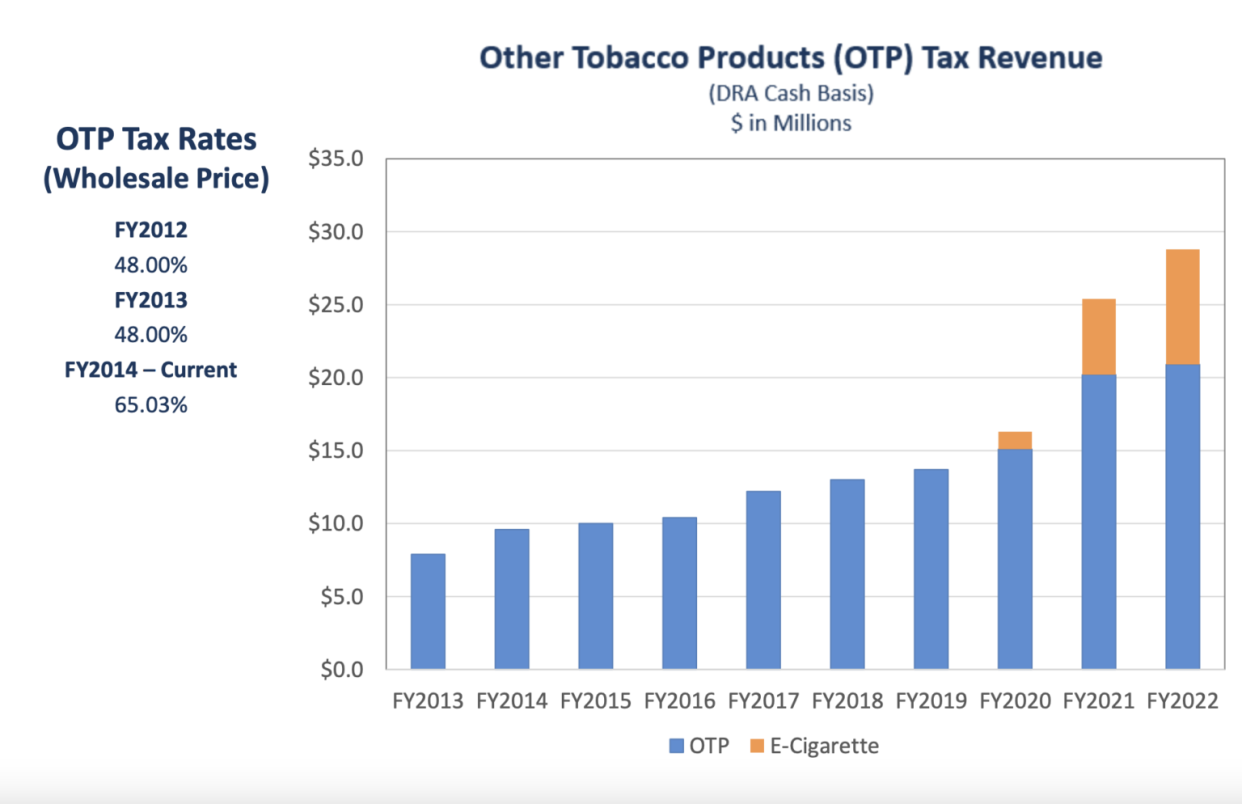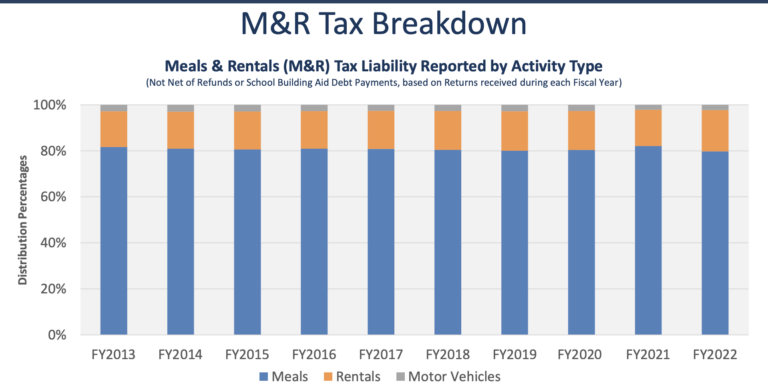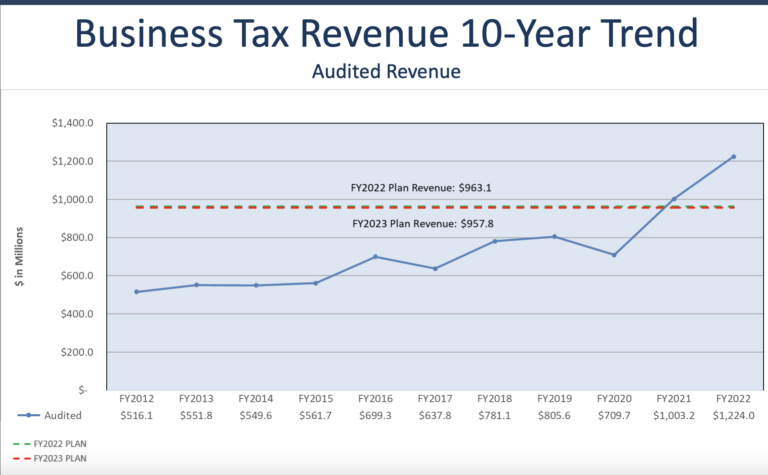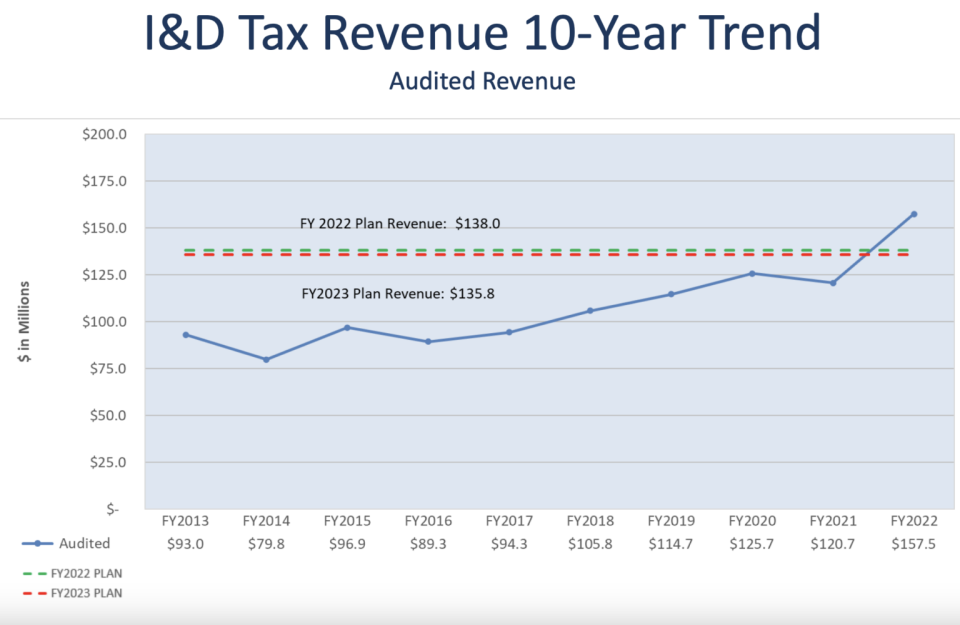Smokers, diners, businesses, homebuyers to pay for much of NH budget: Check out numbers

While New Hampshire lawmakers have filed over 800 bills addressing big issues such as abortion, education reform, climate change, and parental rights, their top priority will be passing a budget by July.
Gov. Chris Sununu, whose proposal is due by Feb. 15, has already heard budget requests from state agencies. Earlier this month, the House began its work in earnest with a two-day economic briefing to the House and Senate Ways and Means committees.
Lawmakers heard the latest on the state’s labor market, changing demographics, housing shortages, financial status, and business climate. They also heard how much money they’ll have to spend. Most of that money — 80.1% or $2.59 billion — will come from the 14 taxes administered by the Department of Revenue Administration. Commissioner Lindsey Stepp broke down several of the biggest money generators.
Here’s a look at five of them.
NH collects millions in tobacco taxes, much of it from out-of-staters
Taxes on cigarettes, loose tobacco, and other products such as e-cigarettes brought in approximately $232 million in fiscal year 2022. People living outside the state paid 52.4% of it, Stepp said.
Massachusetts’ decision in 2020 to ban flavored tobacco seems to be driving some of those outside sales; tobacco sales have gone up 22% since then, particularly in border towns.
“It’s important to note, I think if you actually look at the number of (packs of cigarettes) that we send … it would probably be very jarring if we were to actually consume all of those cigarettes here, we would probably have a severe public health crisis.”
However, tobacco sales are not bringing in near the revenue they did the first year of the pandemic, when they climbed 18% after hitting a 10-year low in 2019. Stepp said the stress of the pandemic, in addition to Massachusetts’ ban on flavored tobacco, may have contributed to that.
“I think COVID being a stressful time, there was a lot of uncertainty, it was probably not the time that a lot of folks decided to quit smoking,” she said.
Tobacco tax revenue is dropping and is about 7% below what it was last year at this time.
While cigarettes are about 87% of sales, vaping is on the rise, Stepp said. Sales of e-cigarettes generated $300,000 in 2020, the first year they were taxed. That jumped to $843,000 last fiscal year, and in the first six months of this one, they are already at $750,000.
Restaurants and rooms are delivering millions in taxes to NH – and local communities

Revenue collected from the 8.5% tax on meals, rooms, and motor vehicle rentals has rebounded since it dropped by 10% during COVID-19’s shutdown. The $242 million collected in the first six months of this fiscal year is 6.7% more than the same time period last year.
Seacoast restaurants:Our look at local eateries that opened and closed in 2022
That increase hasn’t given the state more money to spend, however. Under a 2021 law change, 30% of rooms and meals taxes are sent to the state’s cities and towns. (Previously, the law called for 40% to be distributed, but Stepp said that threshold had not been met.)
Last fiscal year, that distribution provided municipalities just over $100 million compared to about $68 million each of the two prior years.
Taxes on meals is by far the biggest contributor, about 80%. Stepp said everything from supply chain issues and fuel prices to strong wages and weather can impact revenue. Sunny summers and snowy winters bring tourists to New Hampshire. But the pandemic may have had a positive impact as well, she said.
“Maybe if nothing else, COVID taught us that we really liked to eat out and when we couldn’t do that for a period of time, I think that may have driven post-pandemic demand,” Stepp told lawmakers. “People now really enjoy the ability to eat out or at least get takeout, and I don’t think we all knew how much we liked that until we couldn’t do it.”
Expect real estate tax revenue to even out or drop
The boost COVID-19 gave to real estate sales, as people left urban areas for New Hampshire, isn’t likely to continue due to increasing interest rates, inflation, and uncertainty about the economy, Stepp told lawmakers.
Houses are staying on the market longer, and buyers aren’t paying as much over asking price, she said.
Real estate:Rye home sells for $25 million and shatters NH record, topping Seacoast's 10 highest priced homes of 2022
The $232.2 million the state collected in real estate transfer taxes in fiscal year 2022 exceeded projections by about $35 million. This year, the state is lowering its expectations, projecting $182 million in taxes, about an 8% drop from 2022 projections.
“So we anticipated that the increase (in real estate transfer tax) that we had seen as a result of COVID and during COVID was going to start to decline,” Stepp told lawmakers. “It hasn’t happened yet. … But I think it’s coming.”
Business taxes No. 1 in NH

A pair of businesses taxes are the No. 1 tax generator in the state.
The business profits tax (BPT) is a levy on the income a business generates. The business enterprise tax (BET) includes businesses’ compensation, interest, and dividends payments. Business owners have seen both tax rates go down in recent years, to 7.6% and .72% this fiscal year, respectively. Meanwhile, the state has seen its collections go up, to $1.22 billion last fiscal year.
Despite a workforce shortage across all sectors, businesses have significantly rebounded since the economic challenges of the pandemic’s first year, which translated into a nearly 12% drop in business tax revenue.
The state saw business tax revenue jump by 41% the following year and by 22% the last fiscal year. That trend appears to be continuing, with revenues up 2.7% from his time last fiscal year.
Stepp told lawmakers that New Hampshire’s diverse tax base has likely helped it recover from the pandemic better than states that rely heavily on one or two industries, such as tourism or oil.
“I think that kind of helped us weather the storm with COVID a little bit,” she told lawmakers. “If one industry, like restaurants, were struggling because they were closed, another industry like retail sales were doing well. We have all of those industries here.”
Phasing out taxes on interest and dividends will eliminate a $100 million-plus revenue source

The state’s 5% tax on interest and dividends has generated increasingly more money for the state since 2016, when it brought in approximately $89 million. That jumped considerably to $157.5 million in the last fiscal year.
That money will be gone by 2027 under legislation passed last session. The state’s five-year phase out begins this year with a 1% drop in the tax rate with full repeal in 2027.
This story was originally published by New Hampshire Bulletin.
This article originally appeared on Portsmouth Herald: Smokers, diners, businesses, homebuyers to pay for much of NH budget

